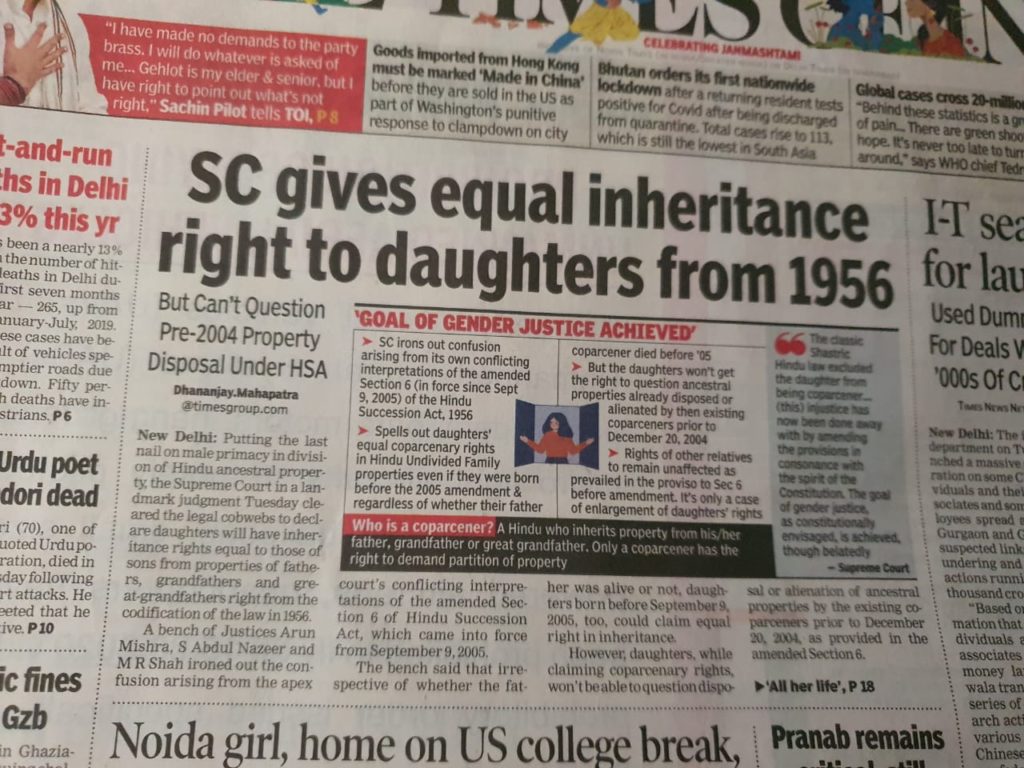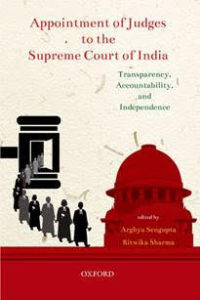Daughter by Court Order

The Supreme Court of India has given a tremendous boost to the rights of women in families, holding that daughters cannot be deprived of their right of equality. In a judgement earlier this week, the Supreme Court ruled that daughters will have equal coparcenary (joint heirship) rights in joint Hindu family property even if the father died before the Hindu Succession (Amendment) Act, 2005.
The struggle of women in India to have independent identities and to rise above patriarchy runs deep, but the status of women fighting for their rights is not often represented in literature. However, a seminal bestselling book of 2014 raised the issue of patriarchy and the fight of a single mother to establish her identity in the face of power, money, deceit, and treachery. Ratna Vira’s debut novel, Daughter By Court Order, is the story of a woman fighting for her right to be recognised as a daughter. This is a must read and it explores with sensitivity and frankness the real issues that women in India deal with.

12 August 2020

